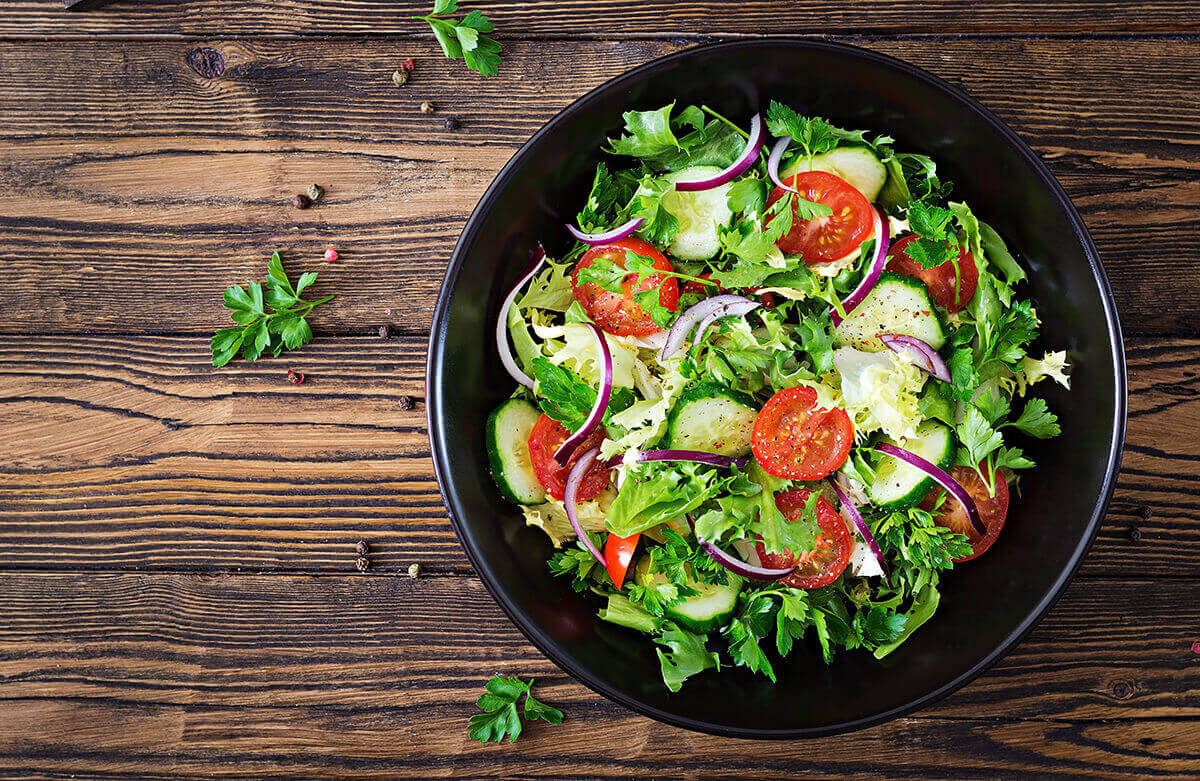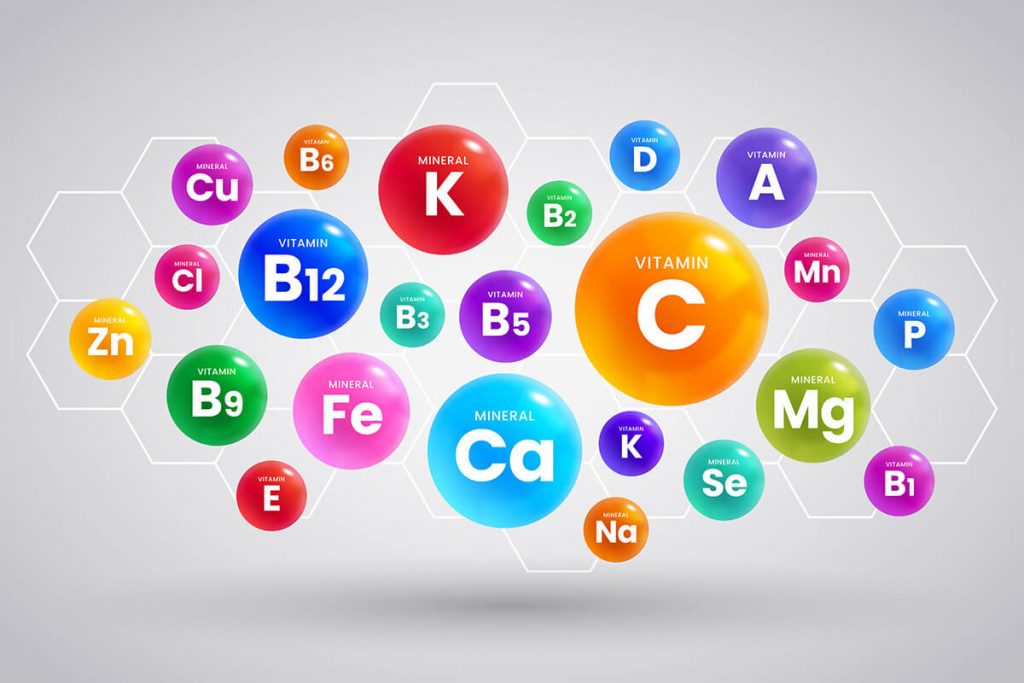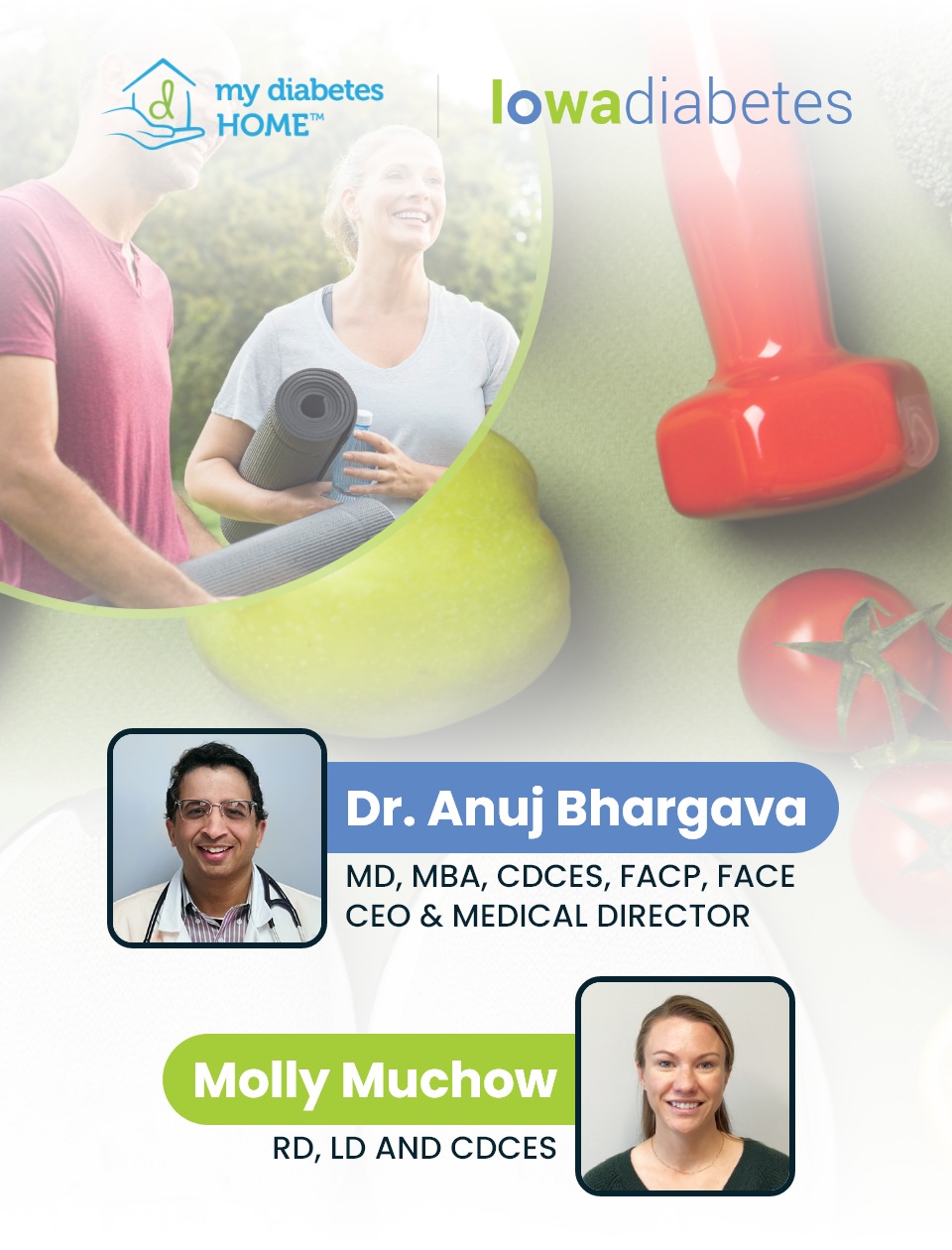
Going Green: Here’s Why More Veggies Matter
Not a big fan of veggies? Find it hard to incorporate them into your diet? Let’s break the ‘vegetables are boring’ idea. Sneaking them into your meals is very simple and can be fun!
Bonus: Vegetables provide a ton of nutrients.The Benefits of Greens
Green vegetables provide plenty of vitamins, minerals, and phytonutrients. You may be asking yourself, “Why are these so important to my diet?”
Almost any green leafy vegetable will have plenty of nutrients; however, dark green vegetables contain the most. It is recommended you eat about 2 ½ cups of vegetables per day, given the benefits they provide.
The 5 Big Benefits of Fiber:
- Helps to achieve a healthy weight
- Lowers risk of heart disease
- Regulates sugar levels
- Lowers cholesterol levels
- Helps prevent cancer
Phytonutrients: what are they and why are they important?
Phytonutrients are different from vitamins and minerals but are just as important! These are nutrients within a plant that help it protect itself from viruses, bacteria, and parasites. These nutrients work in a similar manner for a person’s immune system. Phytonutrients can help maintain health and positively affect the various areas of the body.
7 Winning Benefits of Phytonutrients:
- Antioxidant
- Anti-inflammatory effects
- Immunity enhancement
- Anti-cancer effects
- Hormone regulation
- Neuroprotective effects
- Anti-aging effects

Selecting Veggies
Understanding the benefits of veggies is one piece of the puzzle. The second piece is selecting which ones are best for you. Vegetables are either starchy or non-starchy.
Adding Veggies to Your Diet
Using a standard 9-inch dinner plate, you can measure out your starchy and non-starchy vegetables. Half of your plate should be non-starchy vegetables whereas, a quarter of it should be carbohydrates or starchy vegetables. The CDC has many recommendations for easy diet tips and how to measure the correct amount of food.
You can purchase vegetables fresh, frozen, or canned and each option has pros and cons. The best way to pick fresh vegetables is to choose ones based on the season. Frozen and canned vegetables last longer, but if you’re opting for the canned ones, select products that say “No Salt Added”.
Once you’ve chosen the vegetables of your choice, there are many ways to prepare them to your liking. CookSmarts has some excellent videos showing how to get the most out of your greens. There are also ways to include vegetables into your everyday diet, like blending spinach into a smoothie or adding it to your sandwich.
Summary Selecting and adding greens to your diet can be simple and easy. Vegetables provide numerous nutrients, and when they are included regularly in your diet can lead to long-term health benefits.
Disclaimer: Any information provided is not intended as medical advice. Iowa Diabetes is not responsible for any information from third parties.





